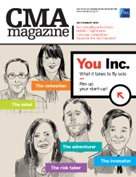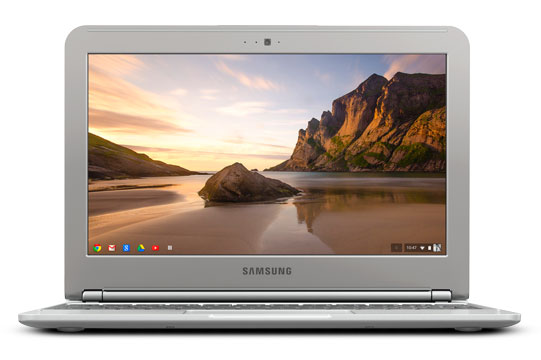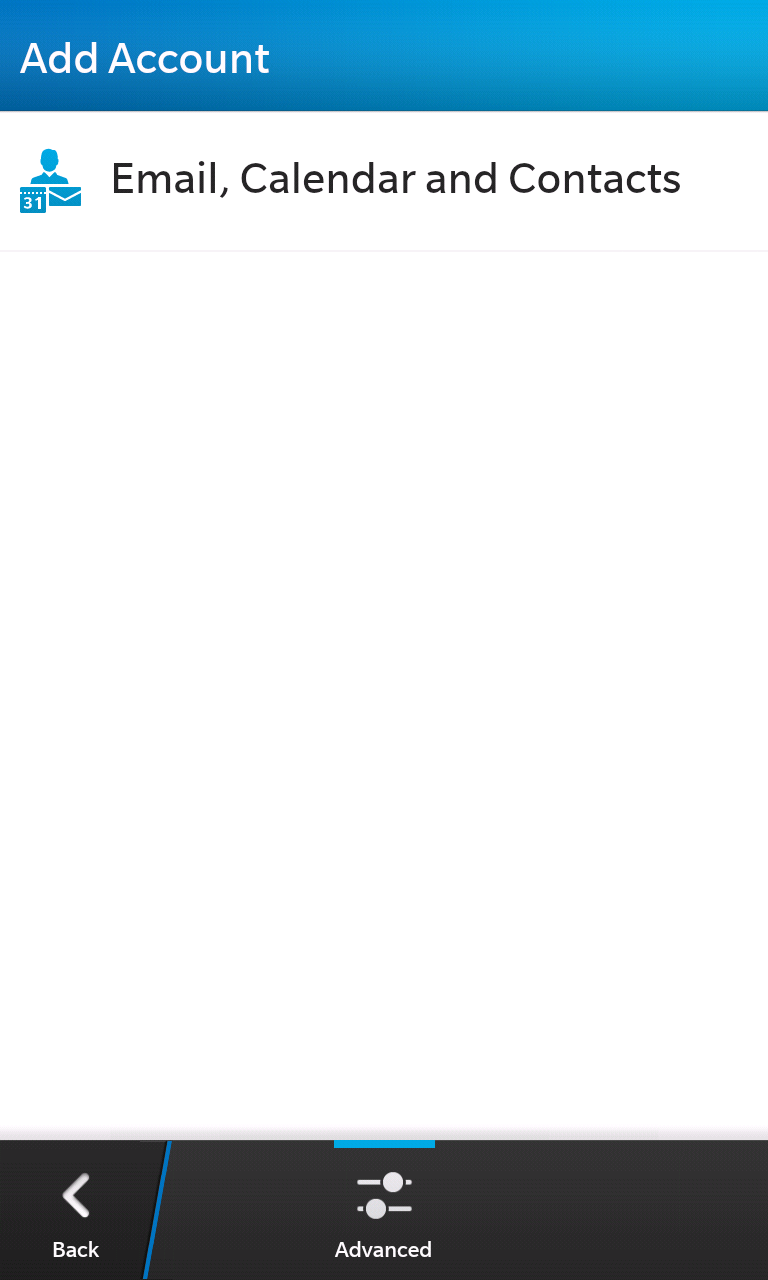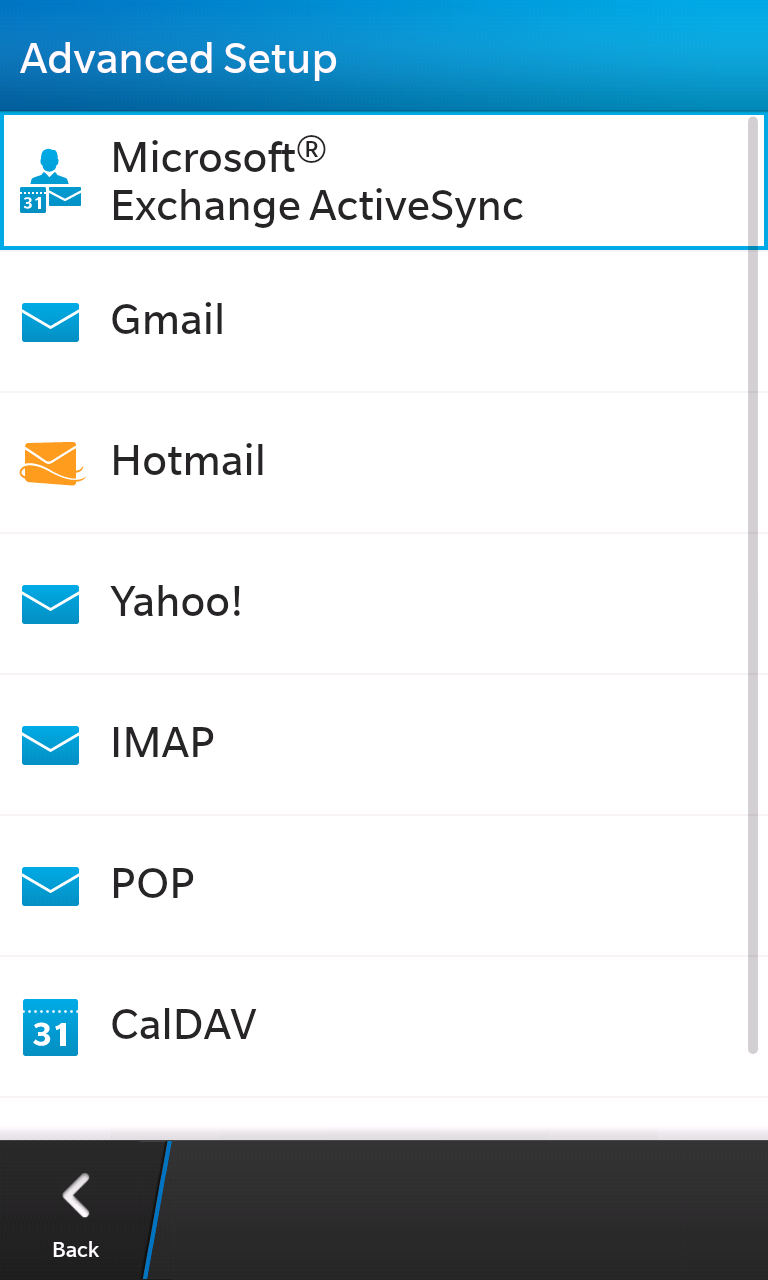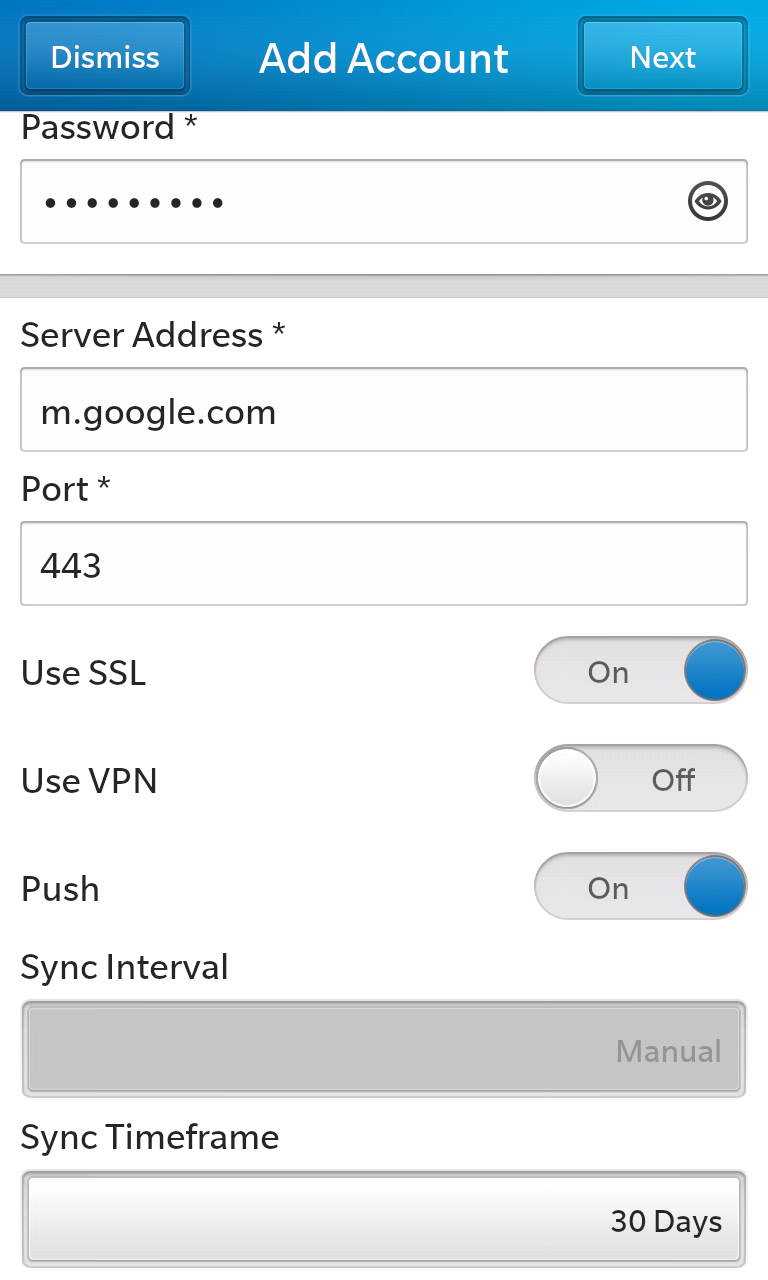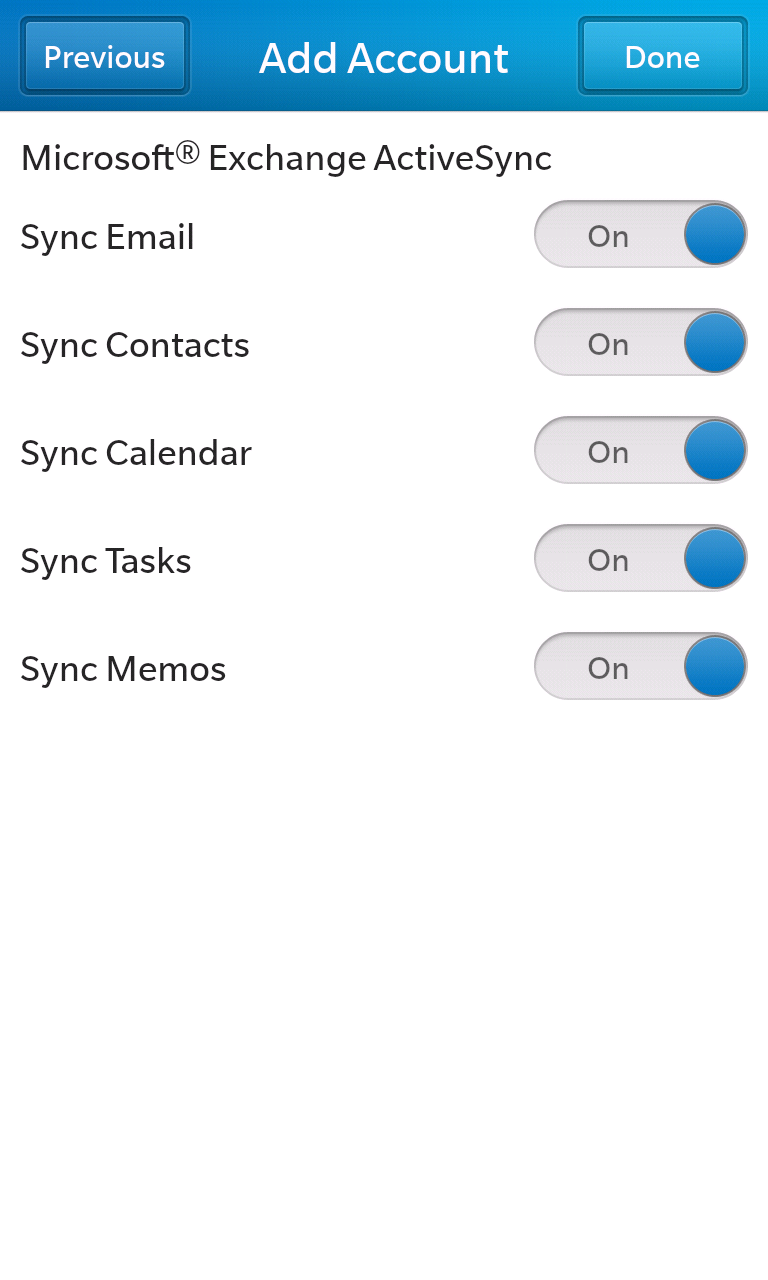Best of all it's included with your Google Apps for Business subscription for no additional cost.
There are a couple of prerequisites to being able to broadcast live either to the Internet at large or just to your organization. First, you must have a YouTube account that is in good standing--meaning you've got no strikes on it. If you don't have a channel, create one and verify it via SMS. Once your YouTube account is configured, make sure that your Google+ profile or business page is connected to your YouTube channel. If you've just created a YouTube channel, this is done automatically for you. For existing channels, you can connect it to a Google+ profile or a Google+ page. If you previously used your Google+ page to broadcast to a Google+ profile administrator’s channel, you need to link the page to its own YouTube channel.
Now you're ready to broadcast using Google+ Hangouts On Air and YouTube Live! Navigate to your Video Manager:
You'll notice at first that there are no events scheduled. Click "Schedule a new event" or the "New live event" button on this page and you'll be taken to a page with lots of options. Most of them are pretty self-explanatory, such as title and time, however there are a few things that need to be configured to make sure you're not broadcasting to everyone in the world.
On the "Basic info" tab, click the "Public" drop-down box and select "Private". A new text entry box will be added to the page and you'll be able to share the broadcast with Google+ Circles, specific people, or your domain. For a town hall-style meeting, we recommend setting it to your Google Apps domain name circle, though you can add as many or as few people as you'd like. When you pick the Private option, anyone who wishes to view the broadcast must have a YouTube or Google+ account tied to the e-mail address or domain you've shared the broadcast with and must be signed into that account. Some of your Google Apps users might have to create their Google+ profile for the first time to access the YouTube stream.
Make sure "Type" is set to "Quick" so that you don't have to do any extra setup work, and leave the Advanced Settings screen alone, unless you'd like to add location data or a recording date.
If everything is okay, click the OK button, and now you're broadcasting! You can monitor the feeds on the fly through the Google+ Hangouts On Air window that pops up, or by clicking Live Control Room on the broadcast setup page:
From this control room, you can monitor people who are watching your video, add or remove abusive viewers, mute attendees, and more. It's like having your own TV station control room, right on your PC or Mac!
And, of course, anyone who tries to view your broadcast without the proper rights to see it will simply see a message pop up telling them that the video is private.
Once your event is done, YouTube will automatically save the video online with its sharing permissions intact, so that anyone who missed it live can watch it again whenever they want.











